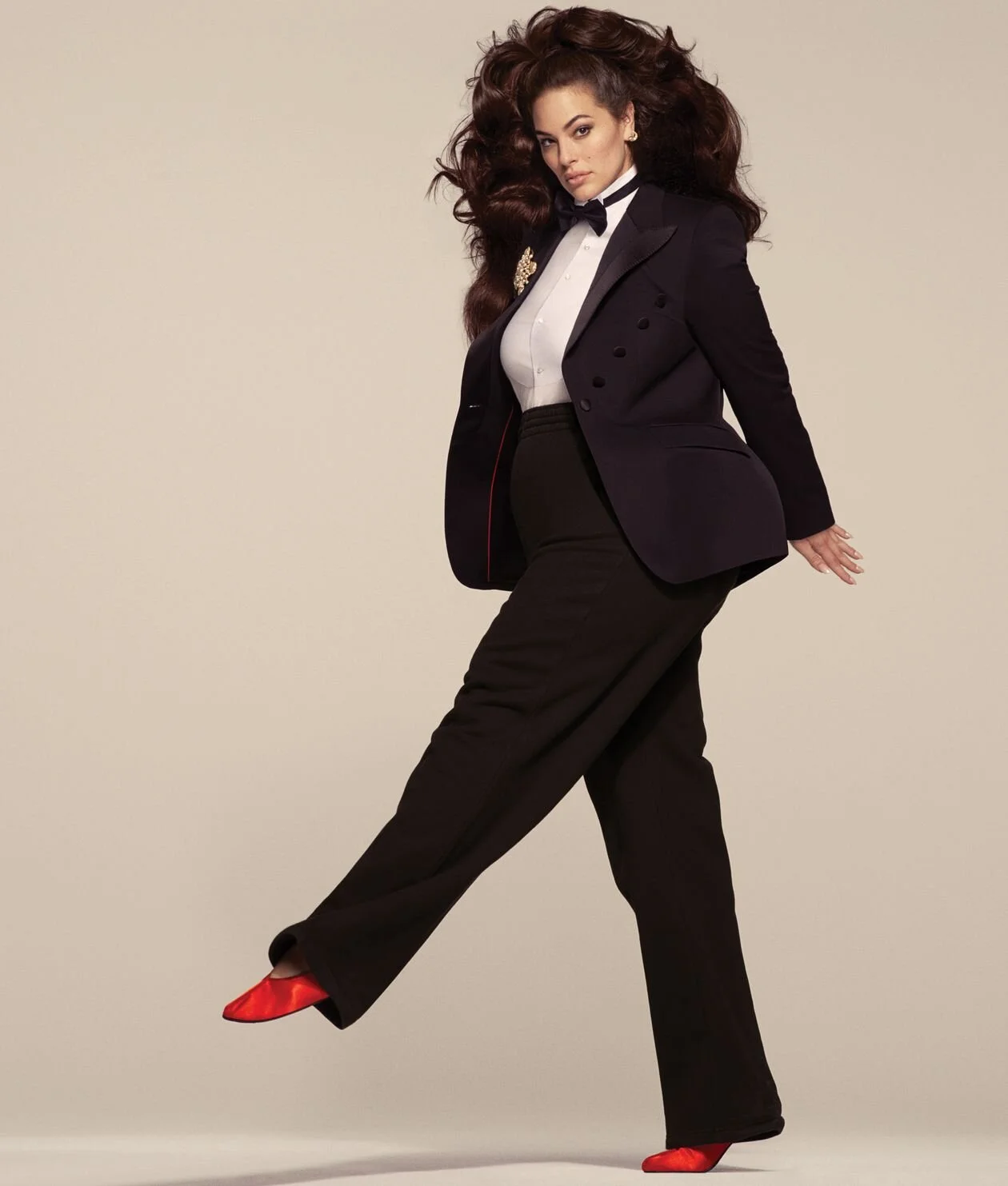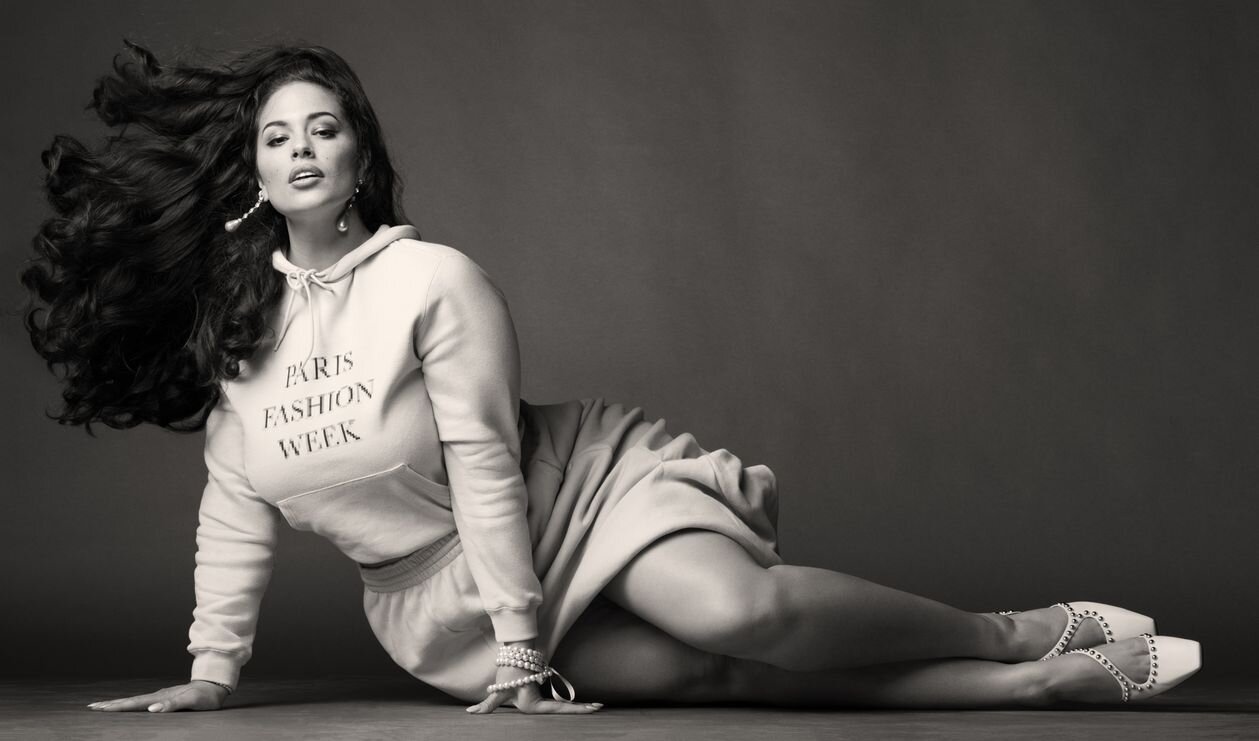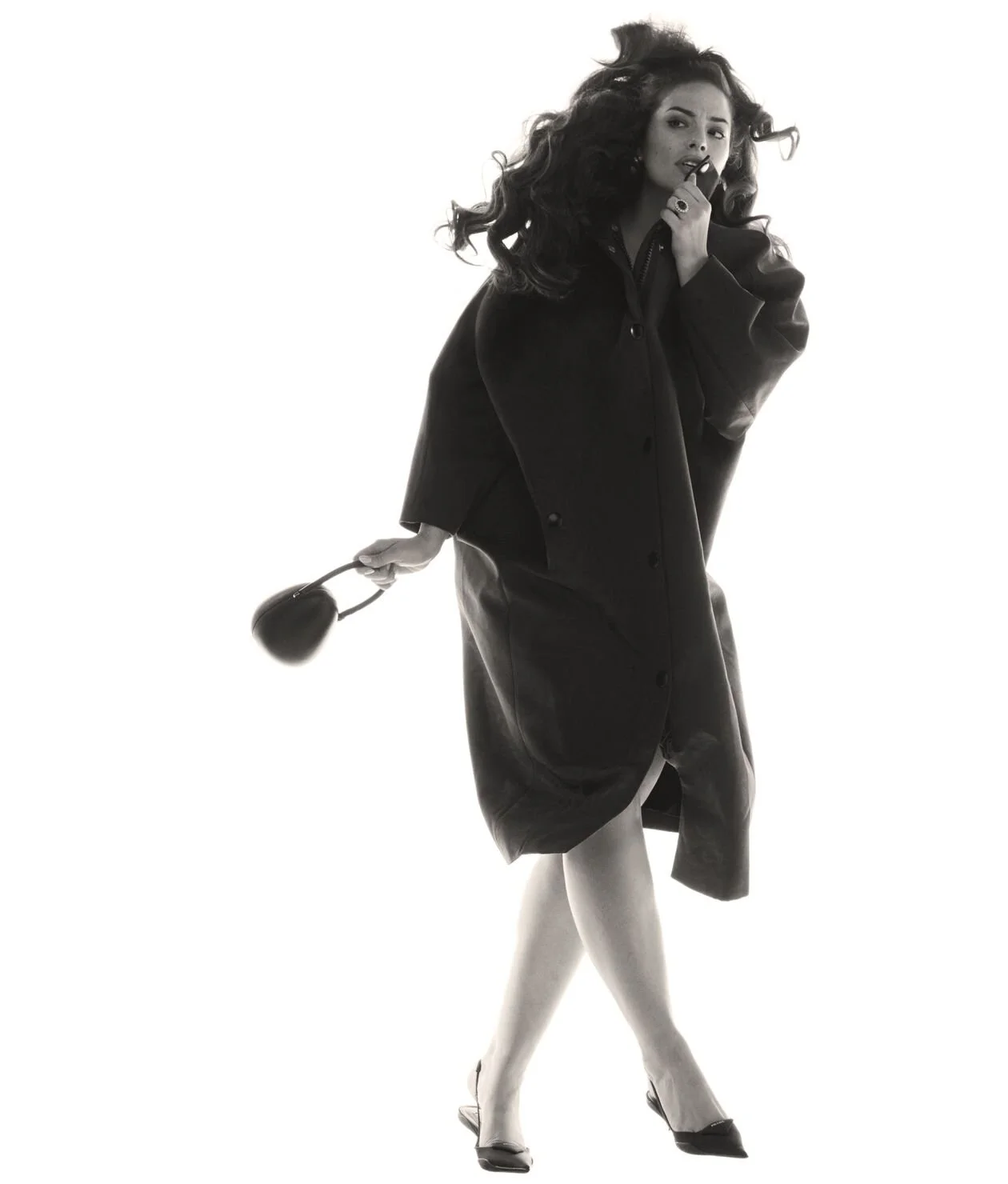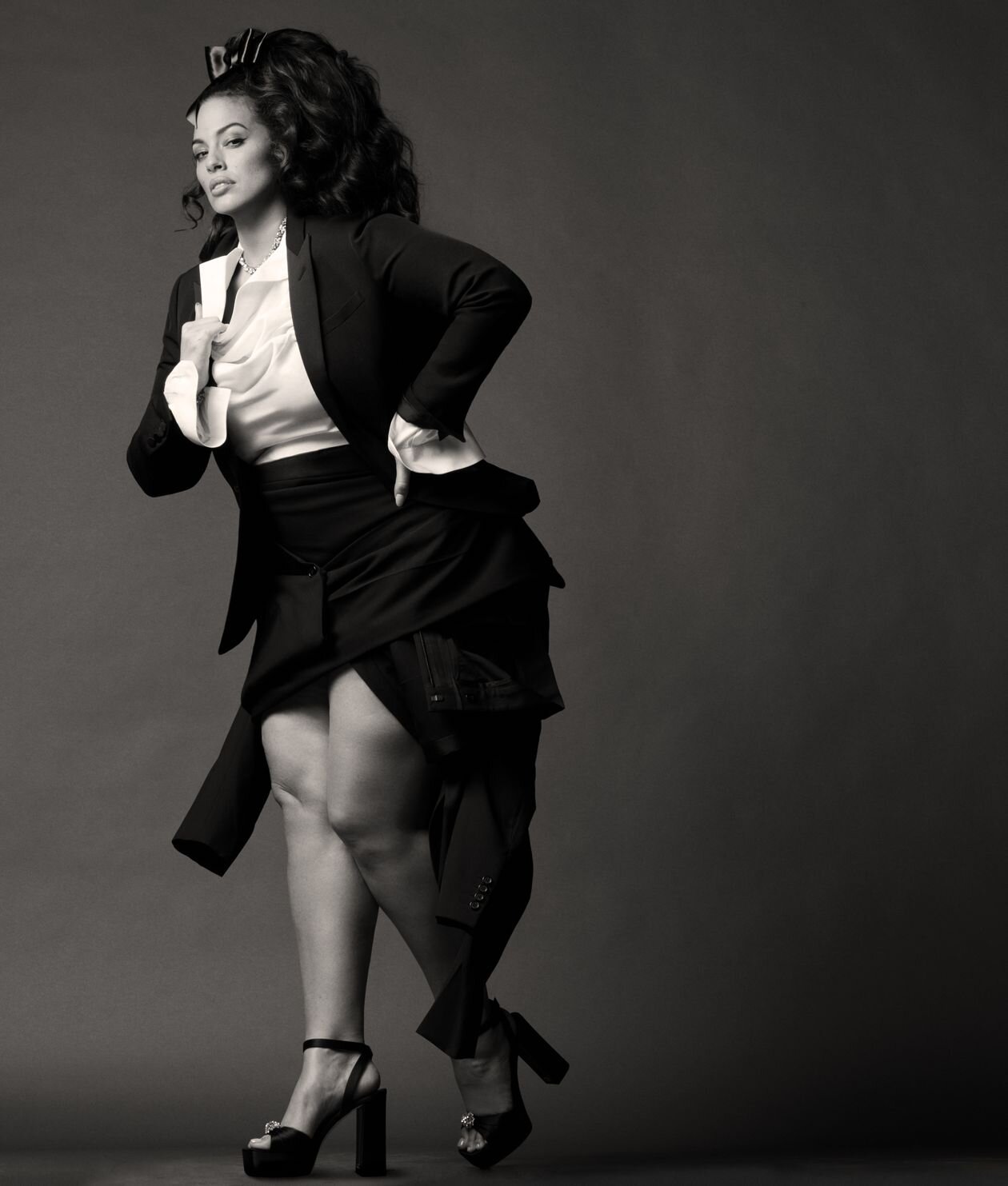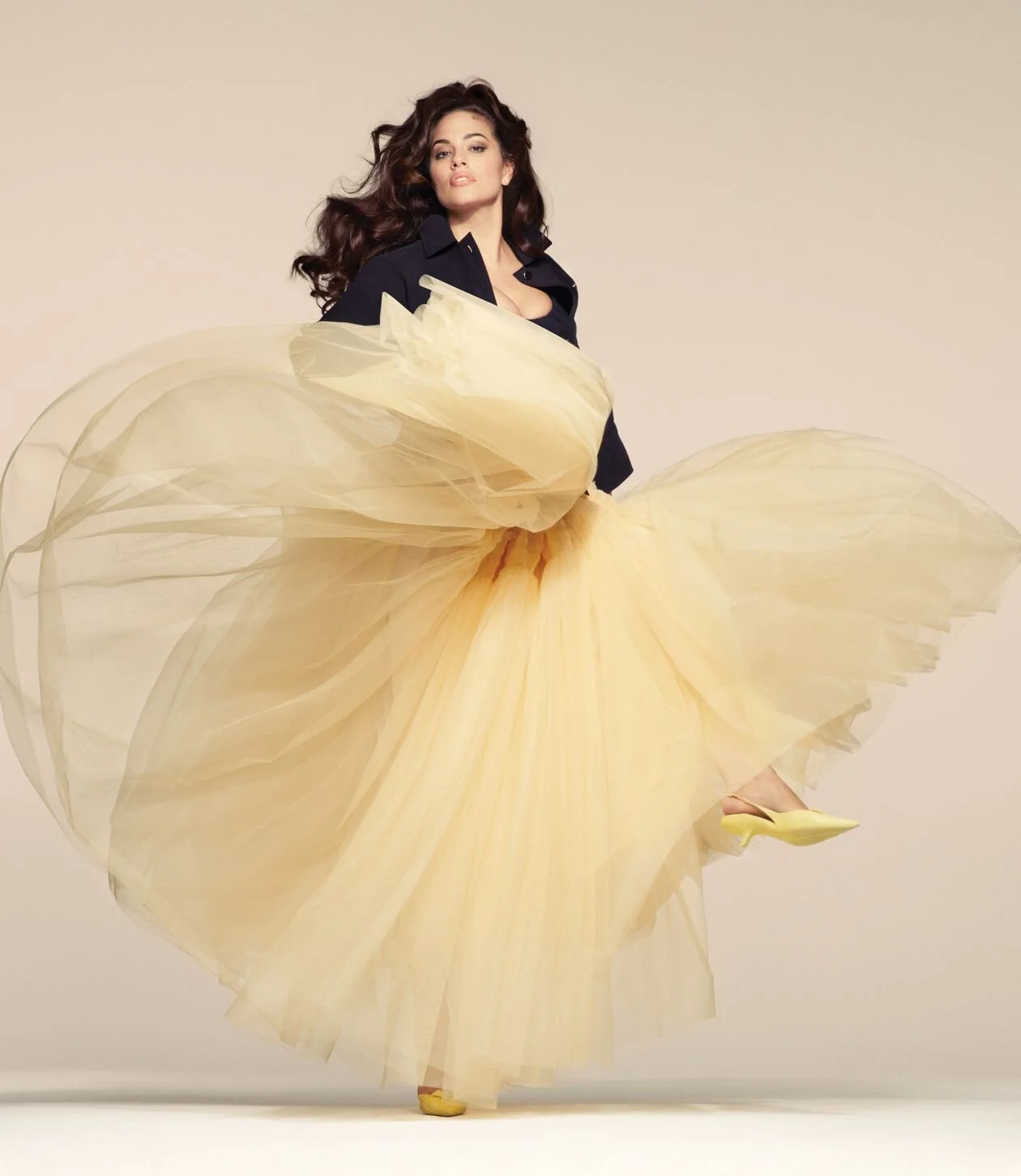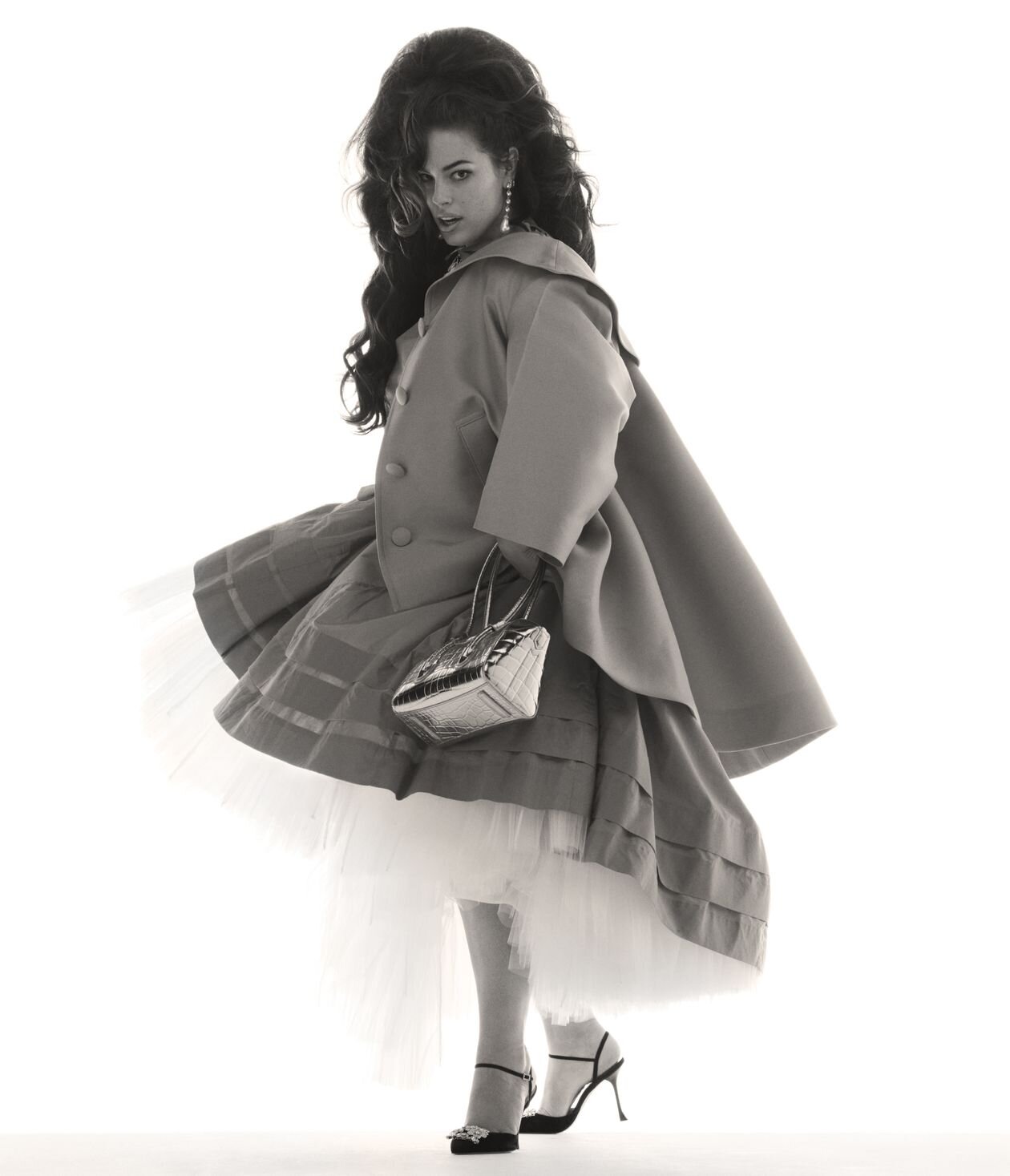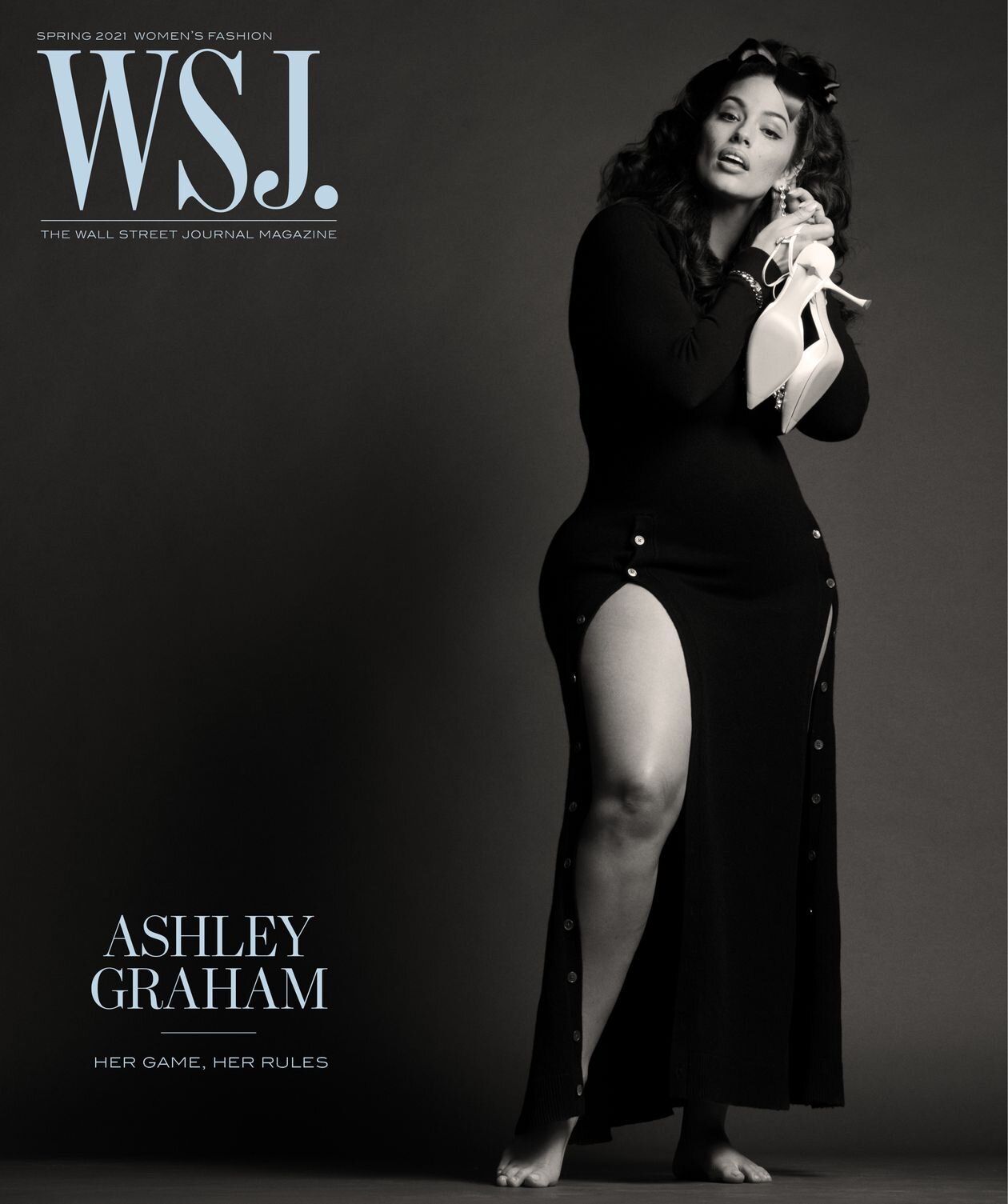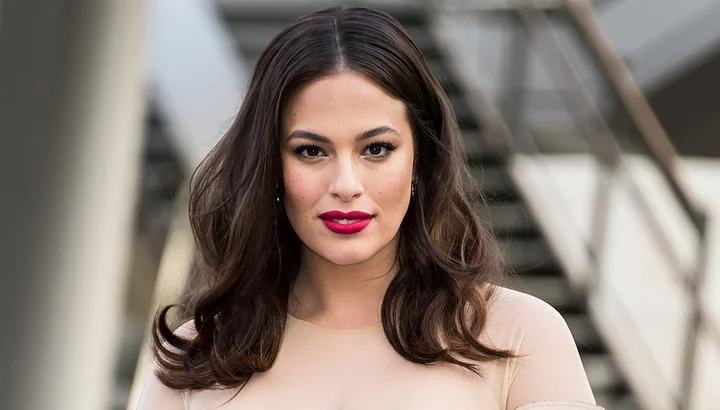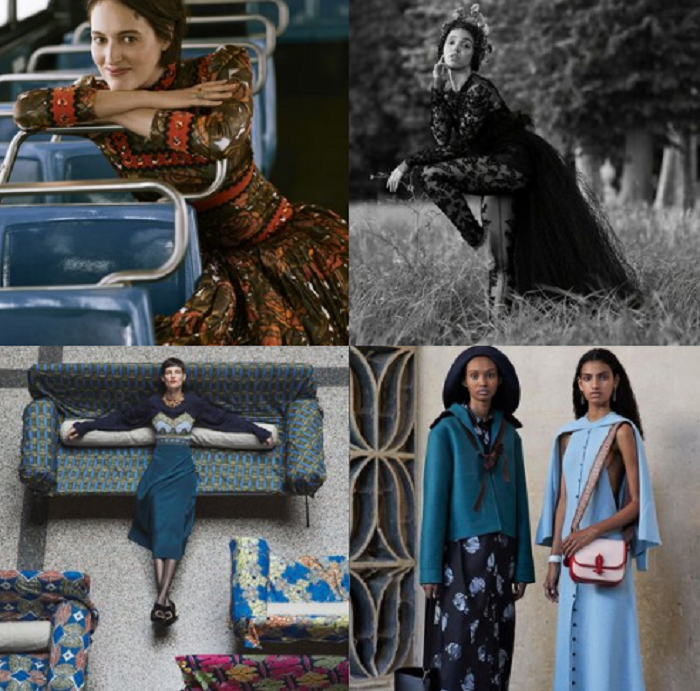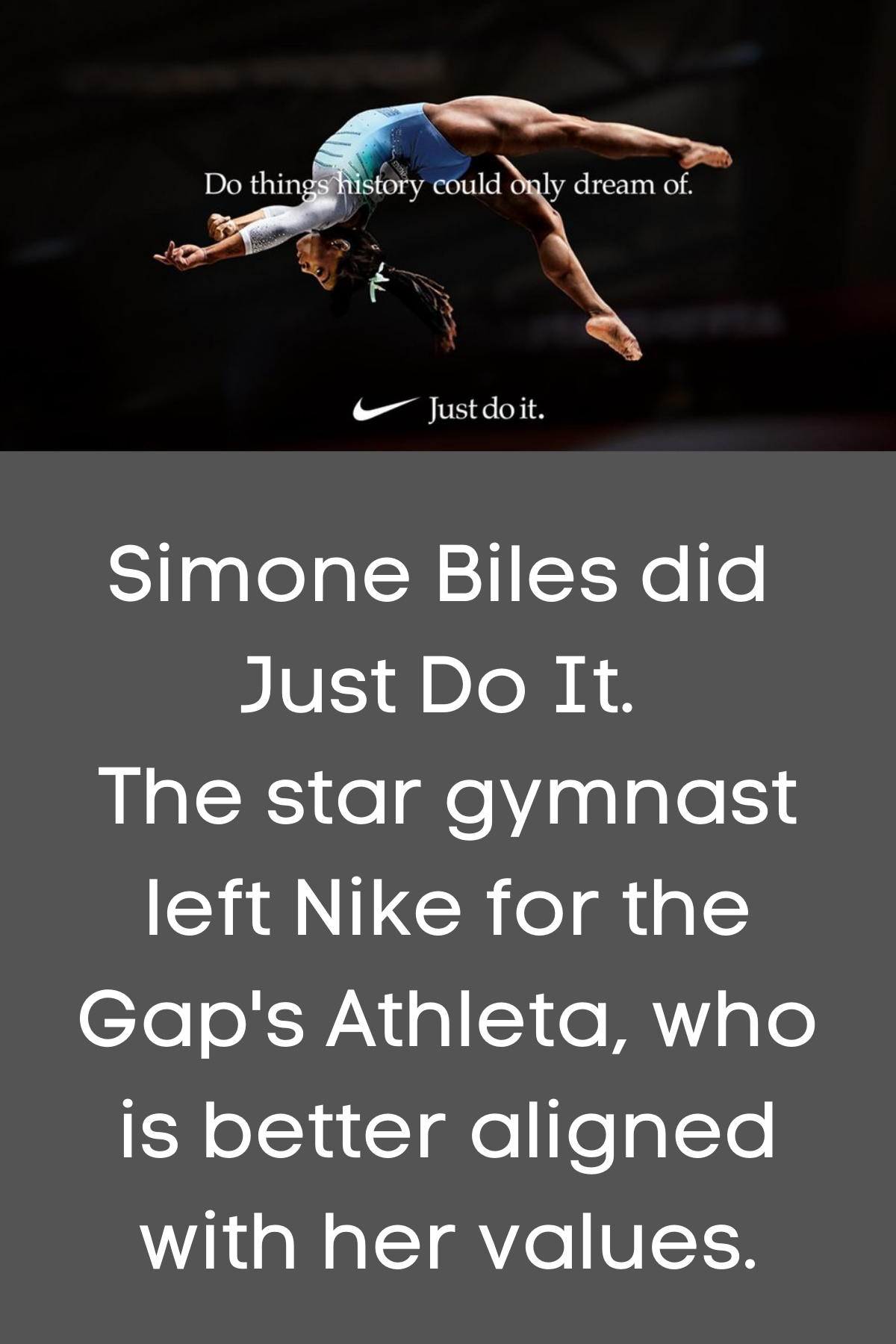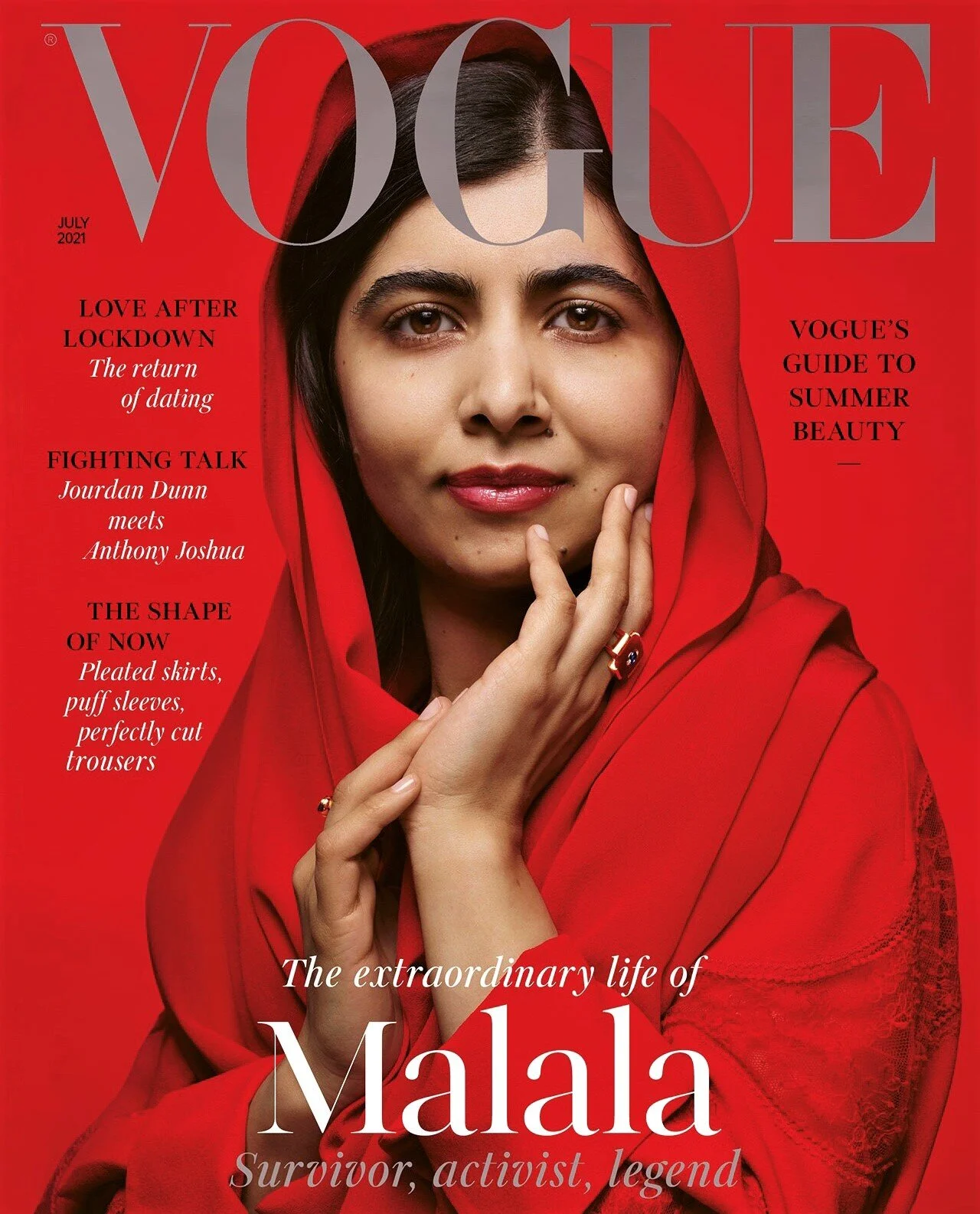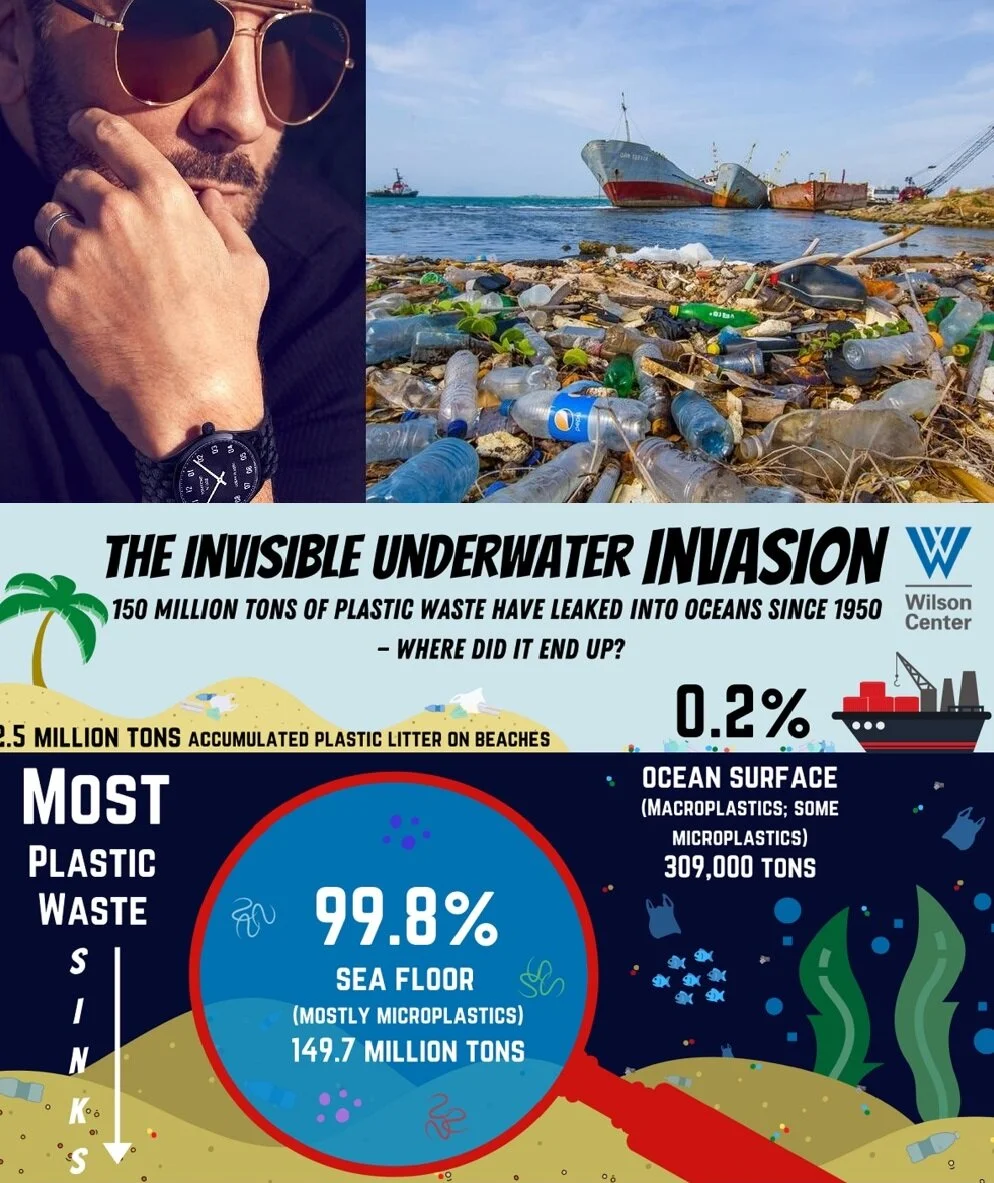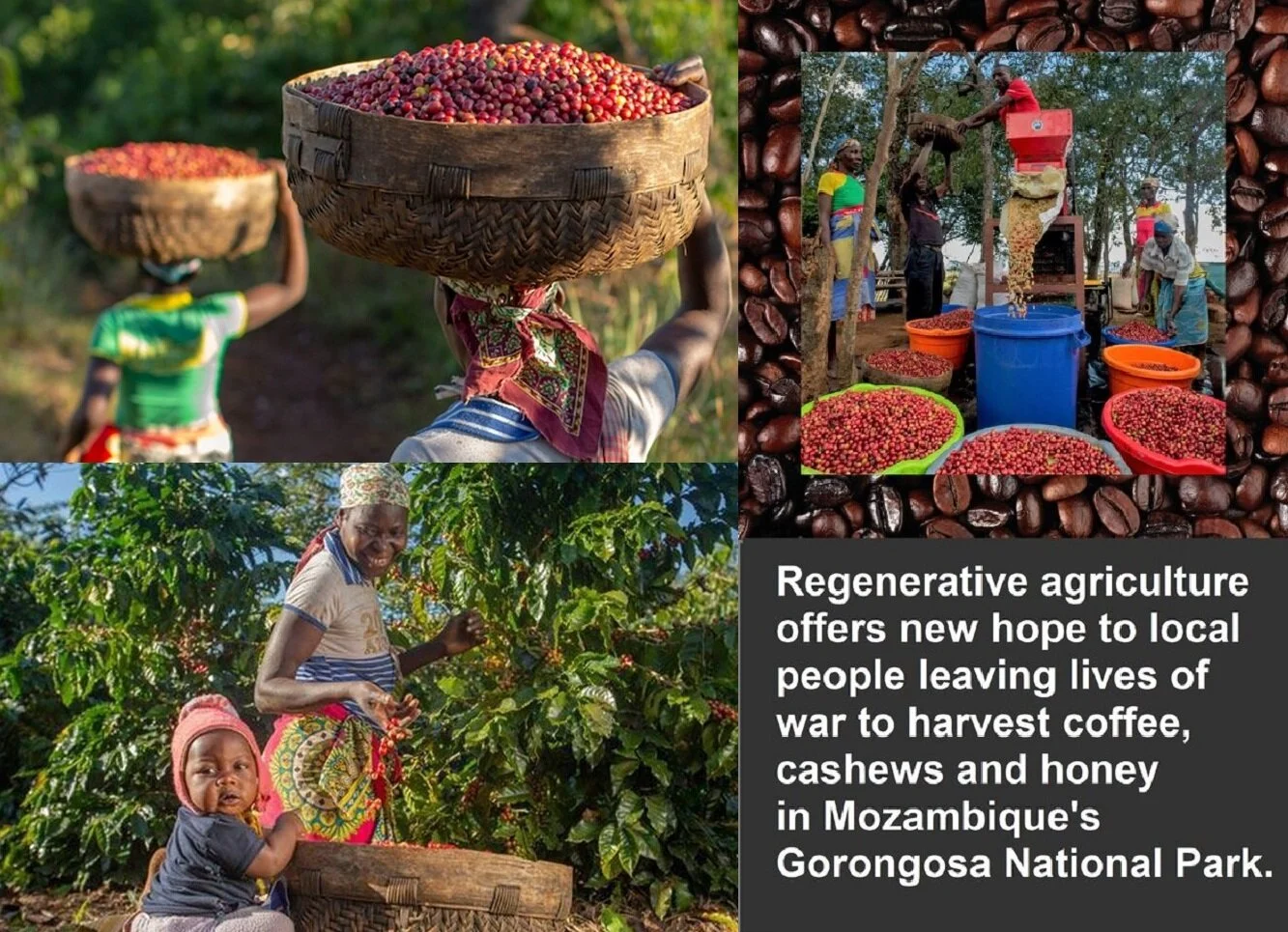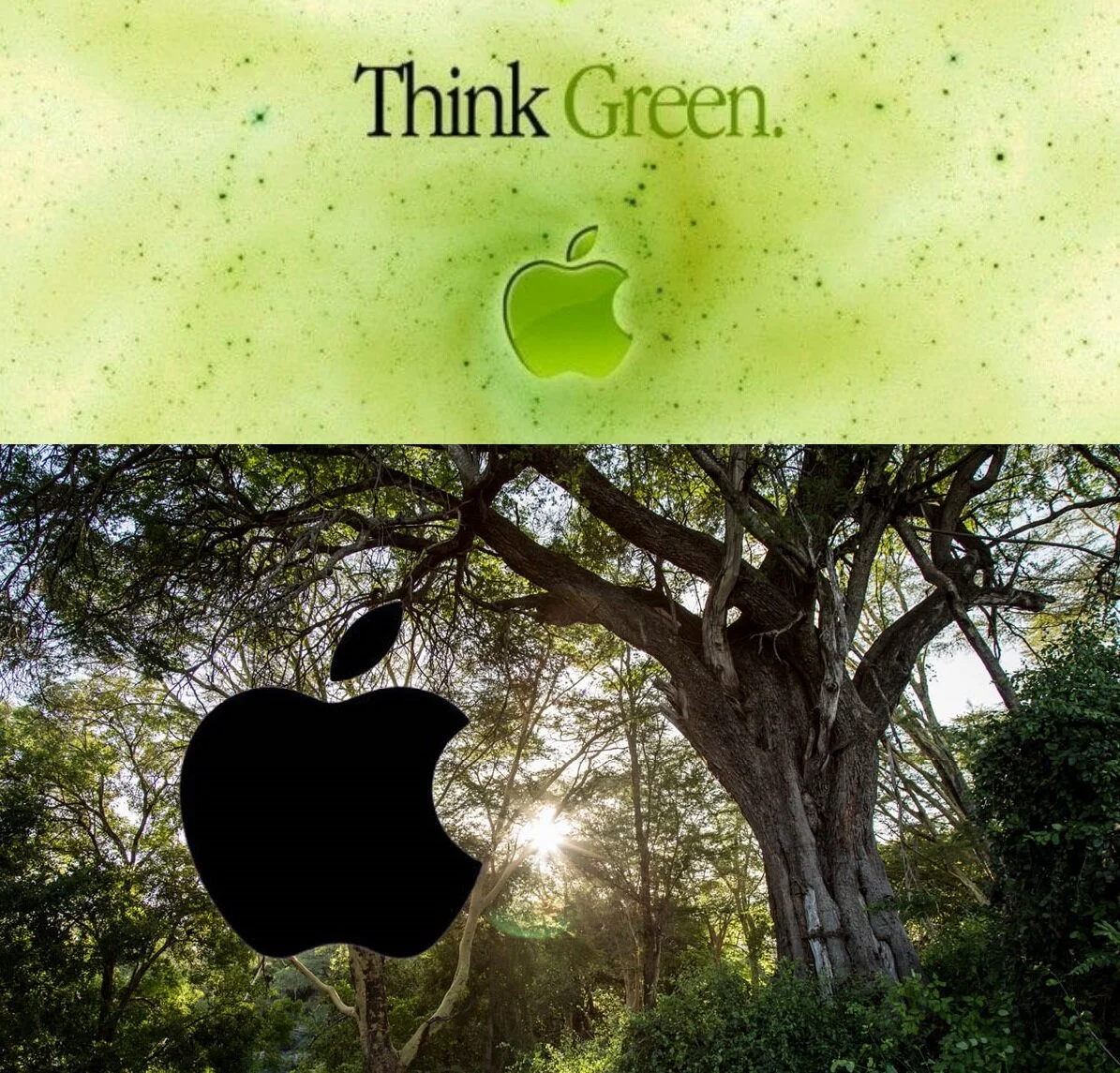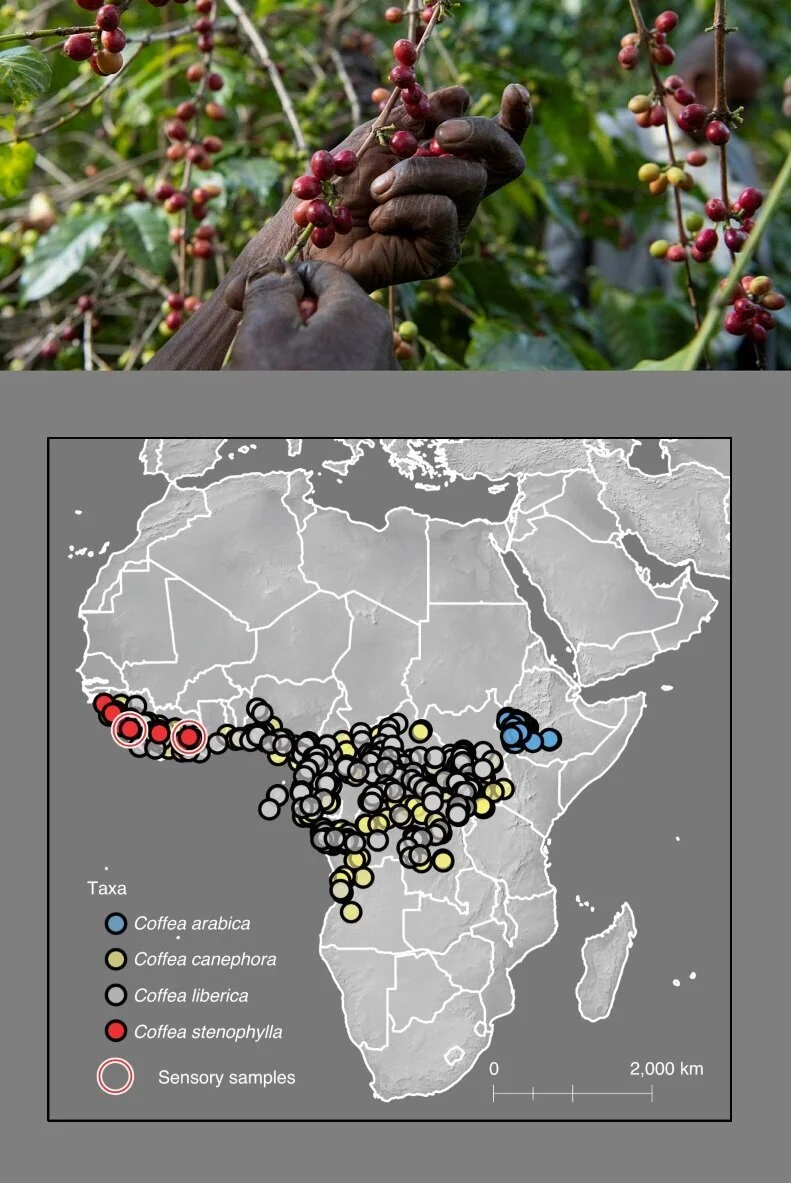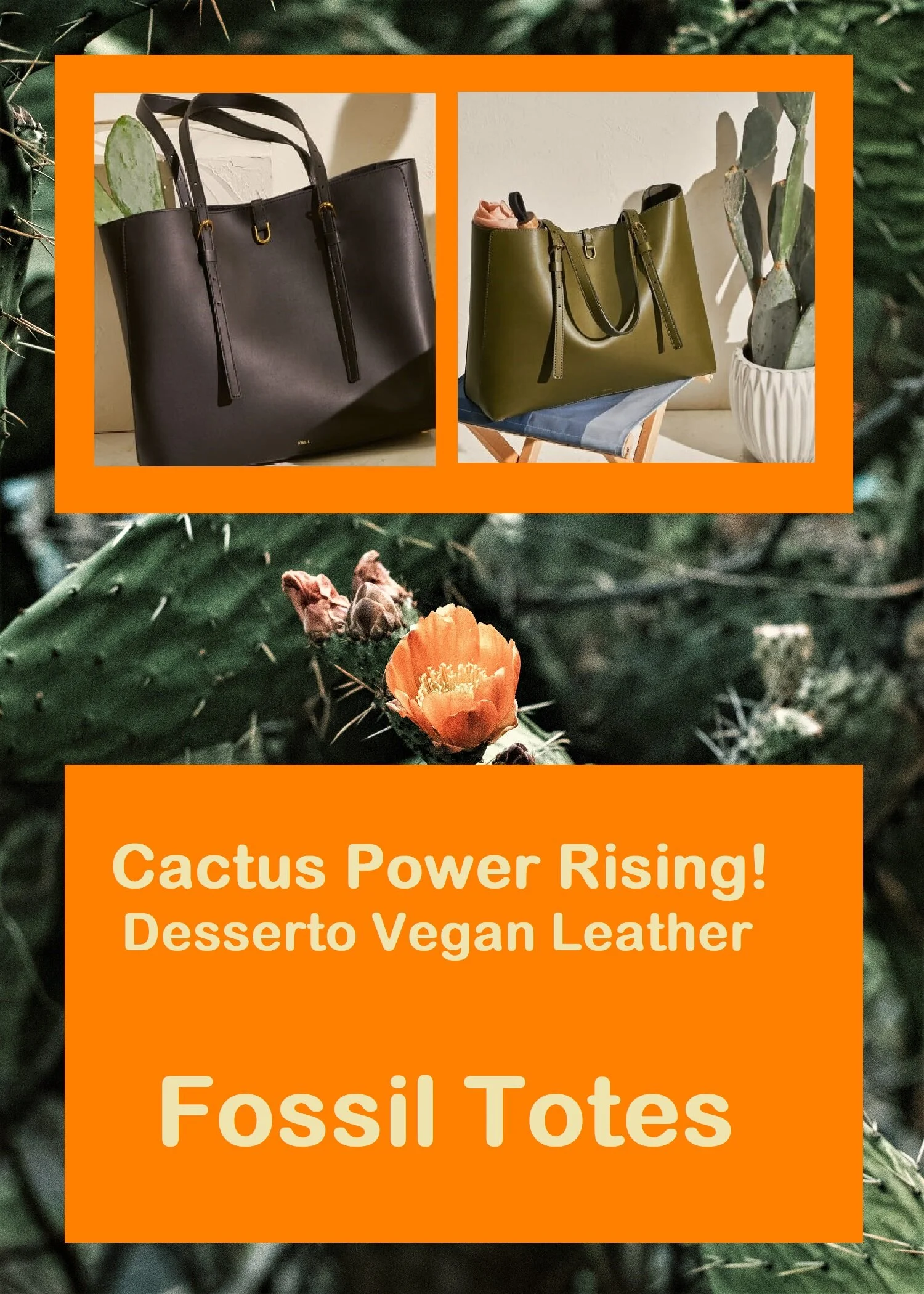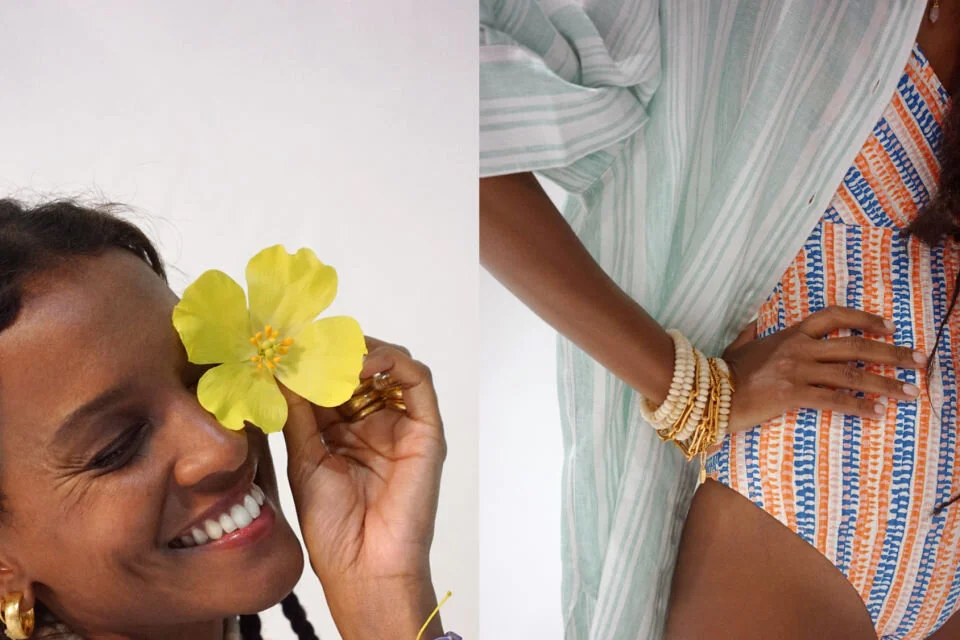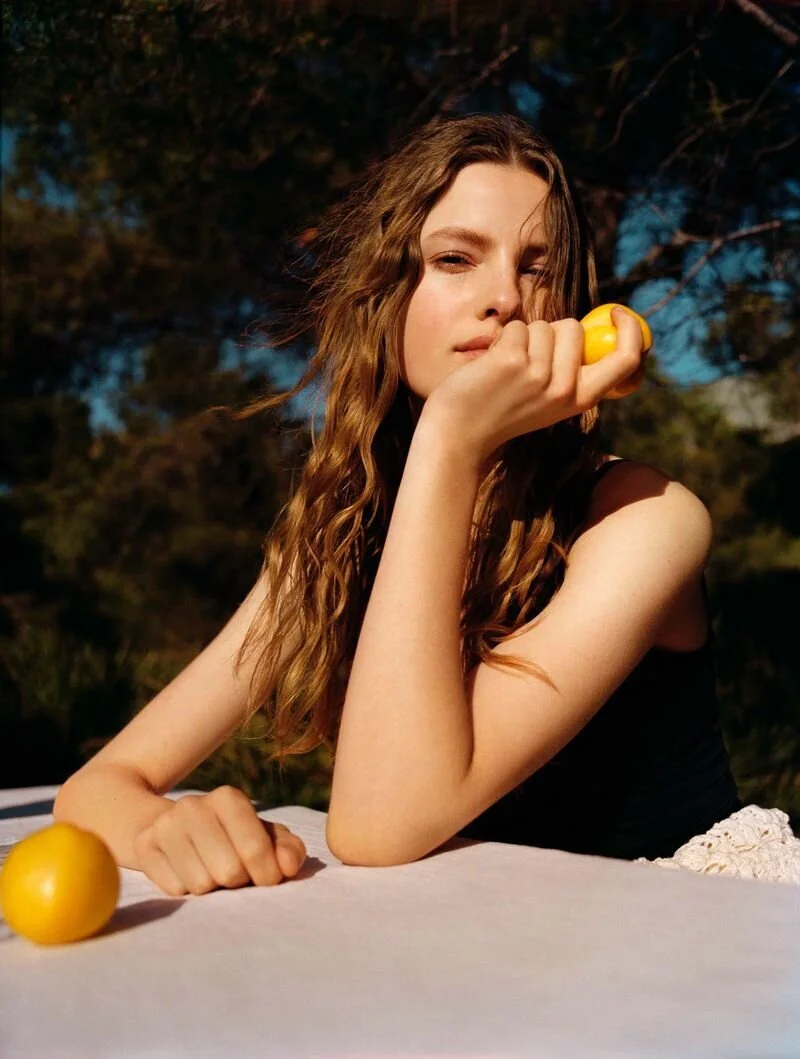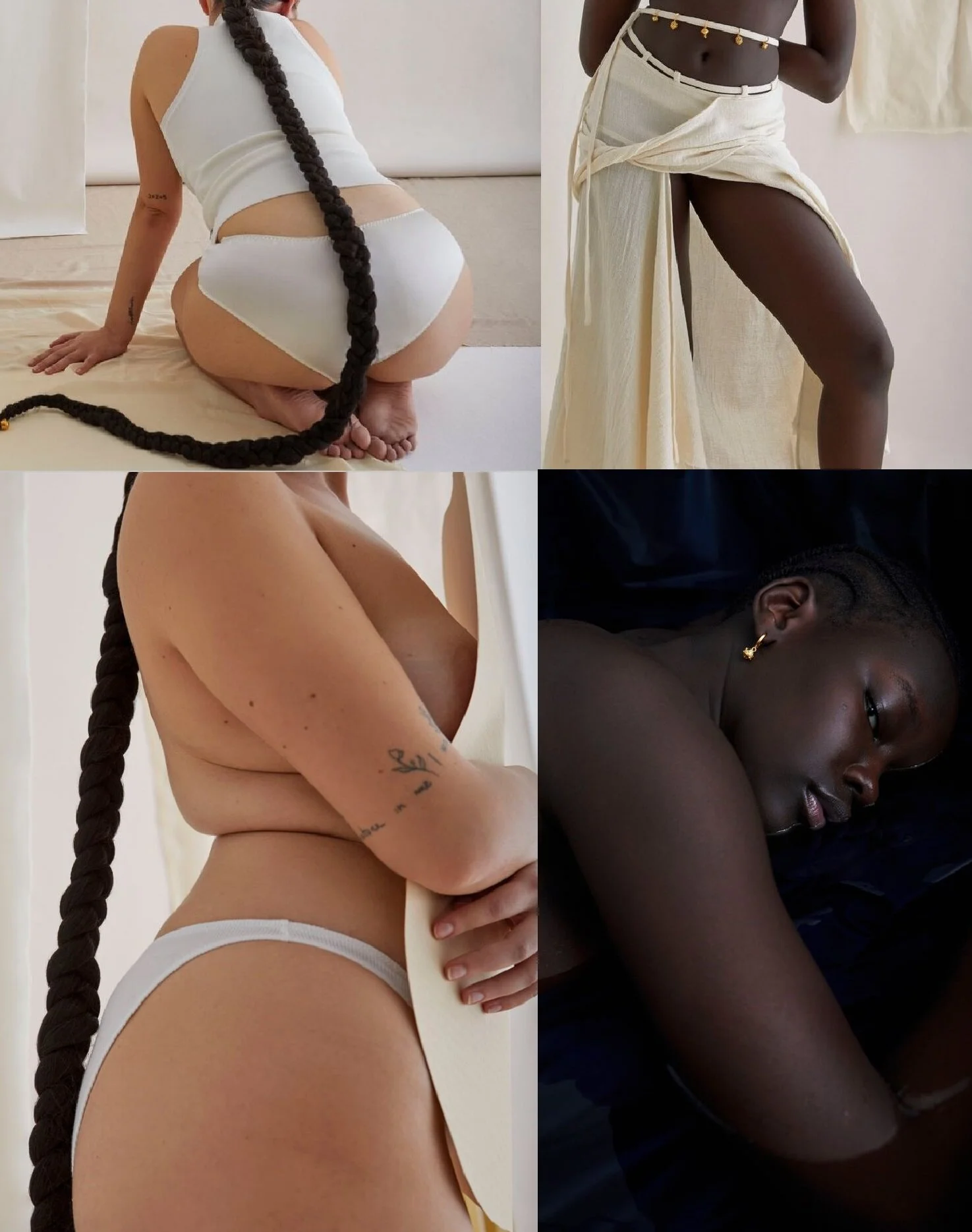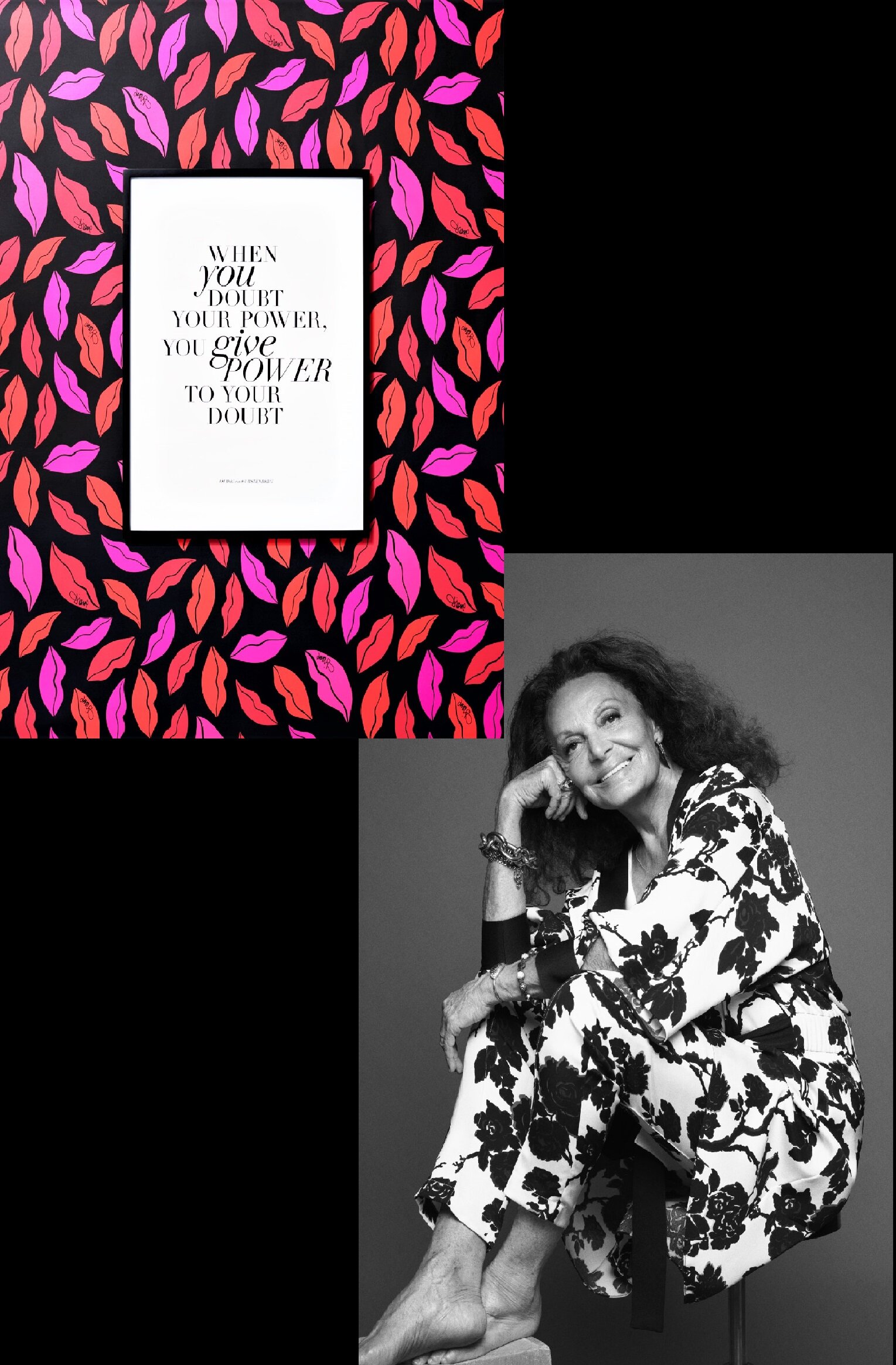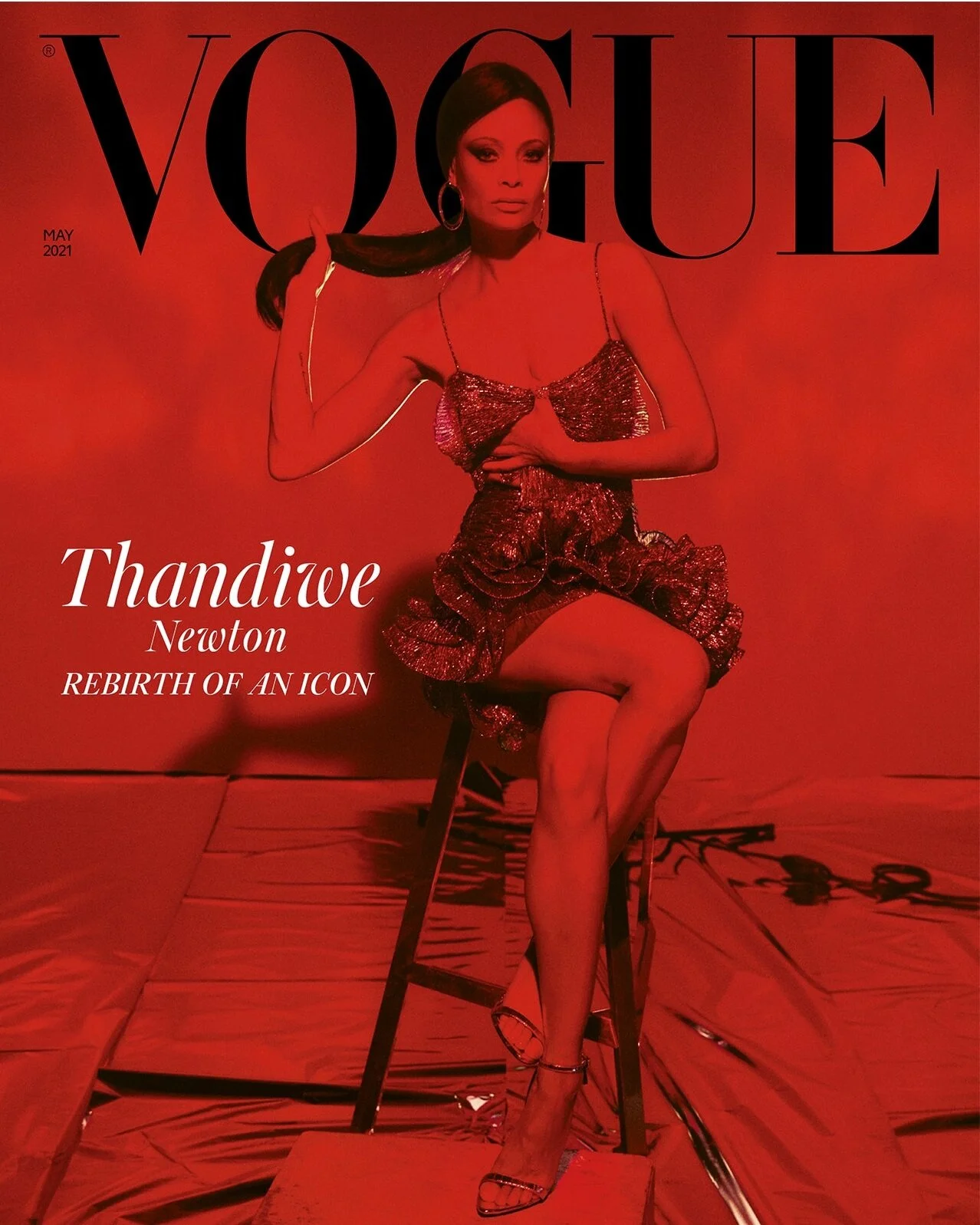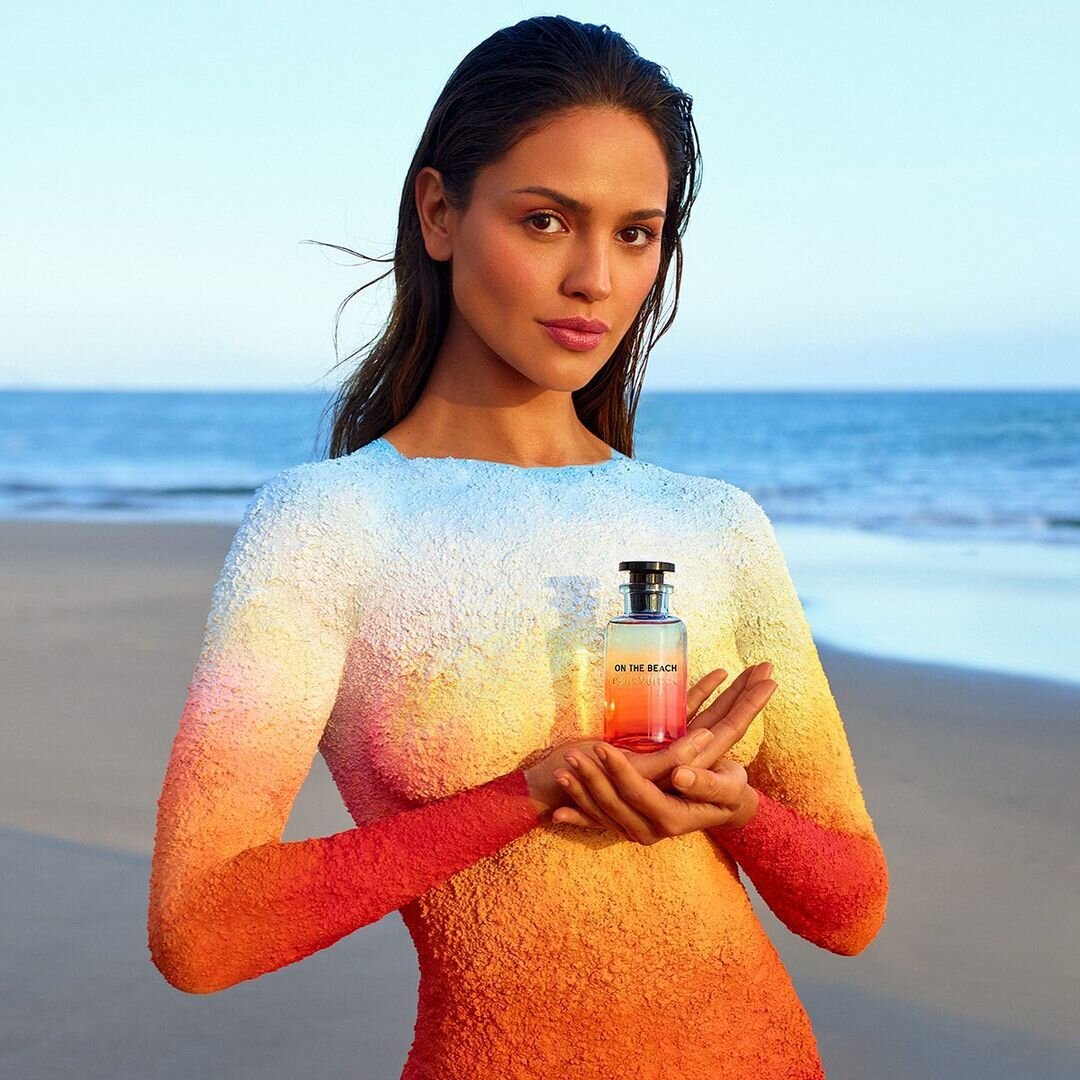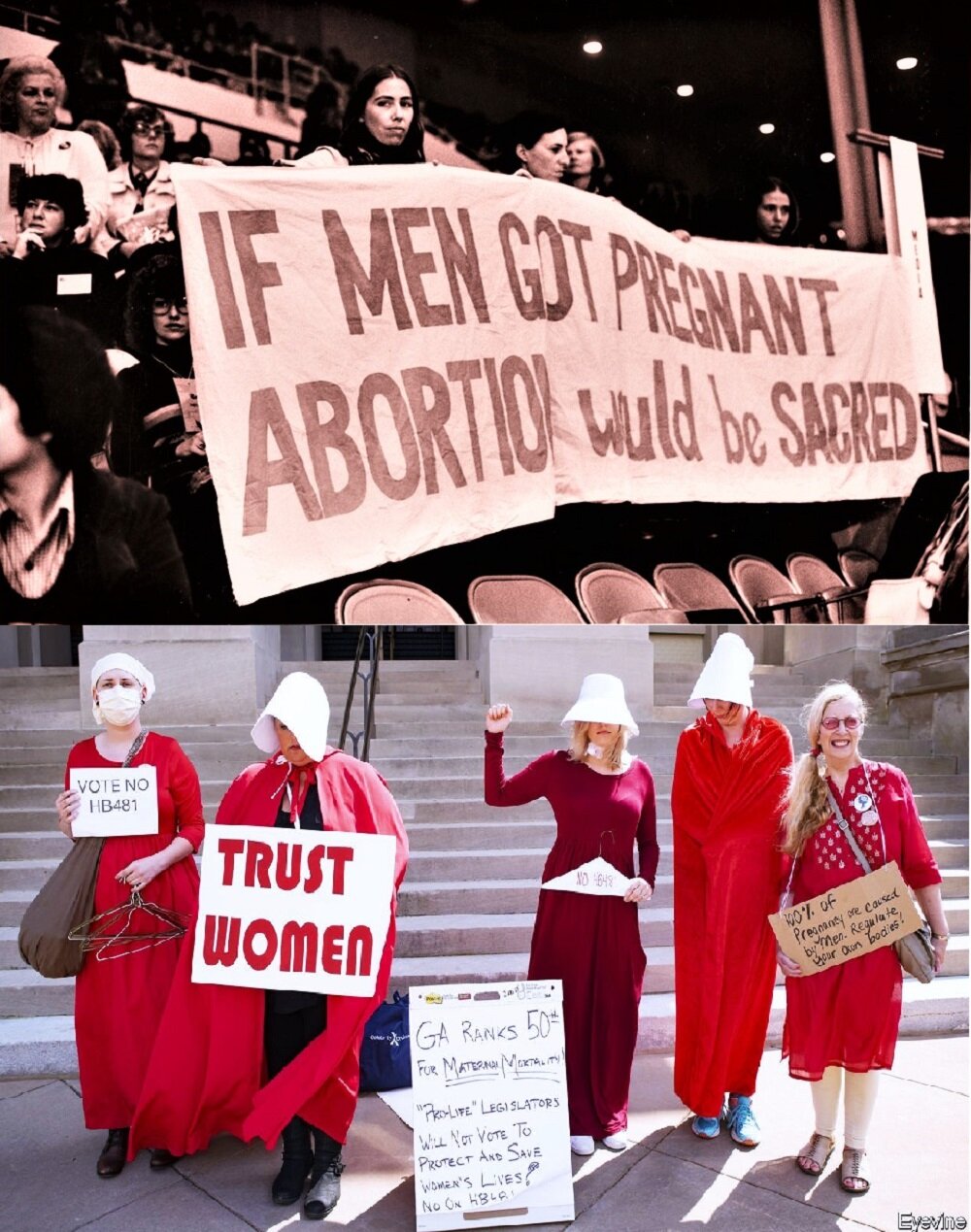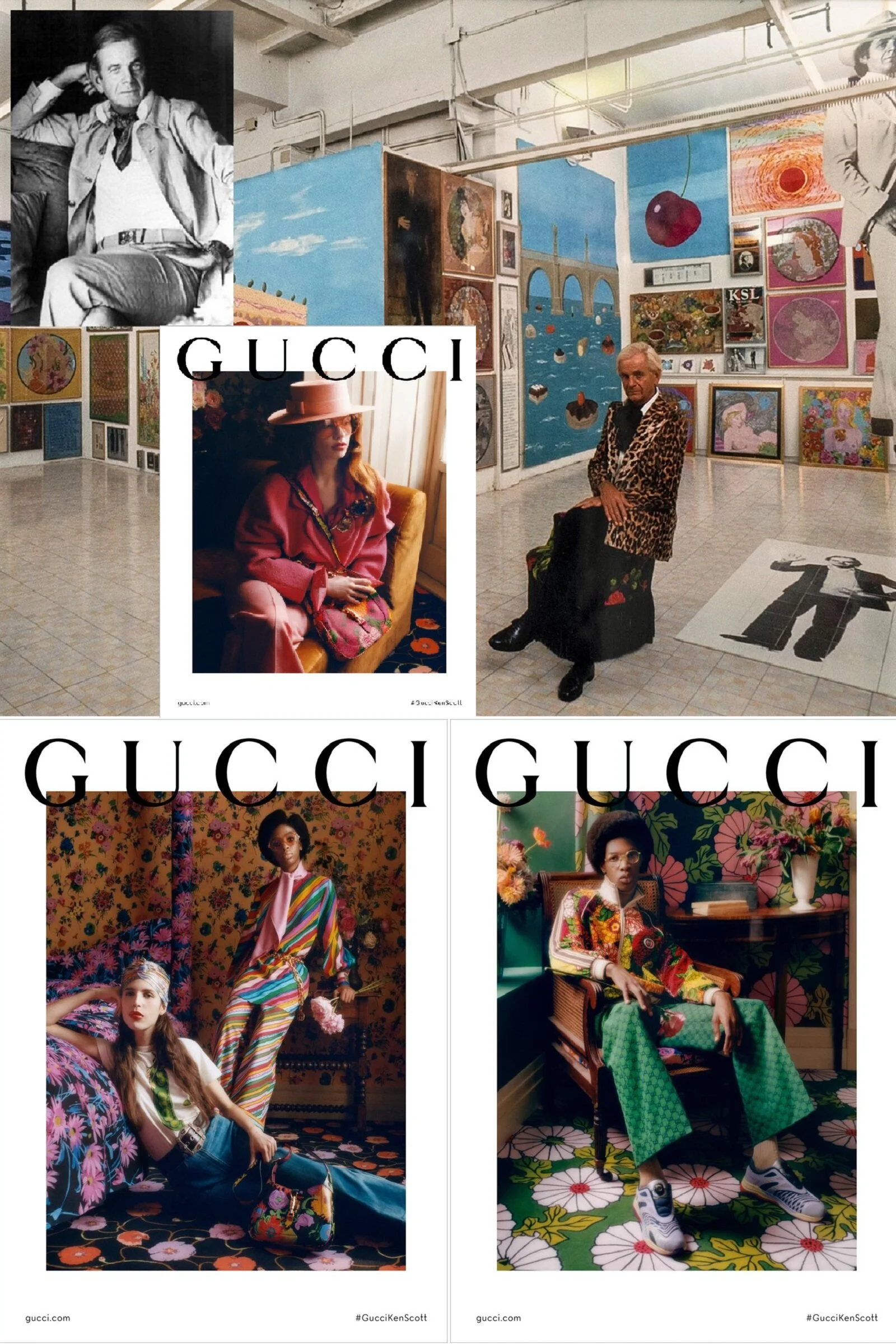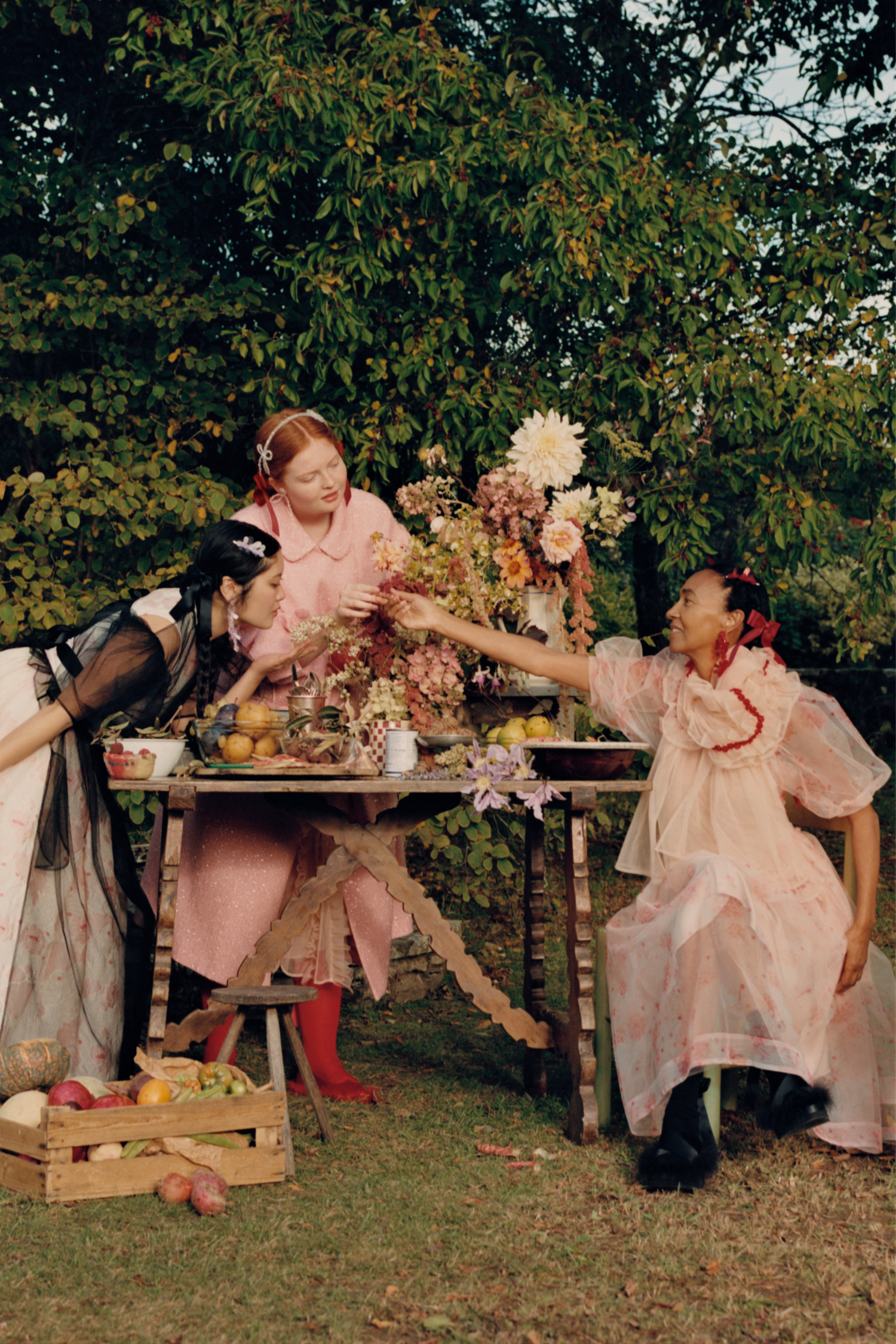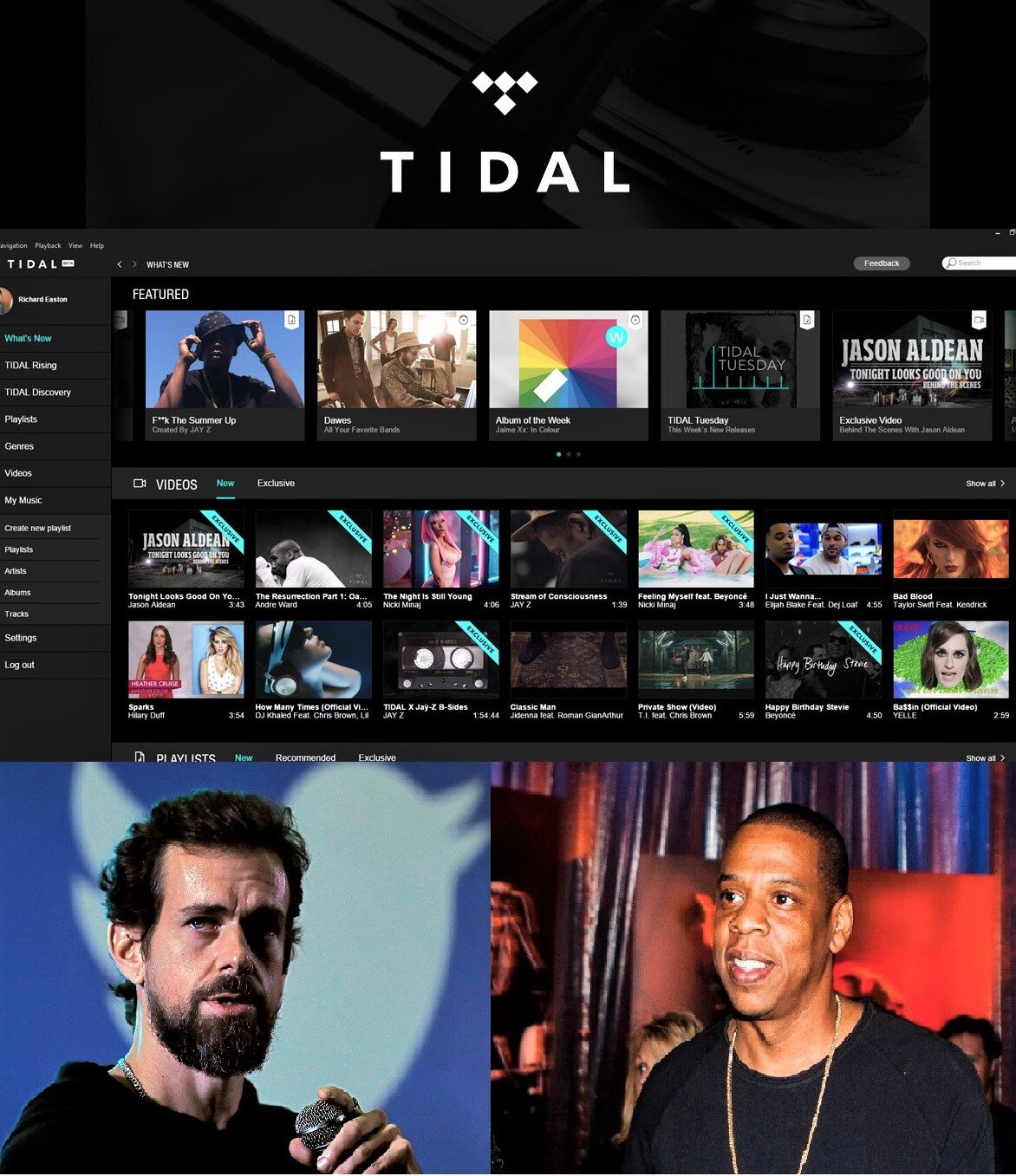Ashley Graham Talks Her Rules, Her Game for WSJ Magazine February 2021
/Top model and the biggest broadcaster of body loving, self-confidence known to women, Ashley Graham is styled by Dara Allen in Balenciaga, Dolce & Gabbana, Fendi, Louis Vuitton, Michael Kors Collection, Prada, Ralph Lauren, Saint Laurent and more. Ethan James Green photographs Graham for the February 2021 issue of WSJ Magazine.
Marisa Meltzer interviews Graham, who gets straight to the point of why women like her.
“My brand is about confidence and owning who you are and being honest with who you are,” she says. “I think that’s incredibly reflective of my Instagram, my YouTube, my podcast. I just wish that I had someone that was as real and honest and open when I was in middle school, high school, moving to New York.”
This is the theme that Ashley Graham asserts over and over about herself — and the heavy lift she’s taken on with women at large. Graham wants women to feel the love in a world that makes it pretty damn difficult for females generally to feel worthy most of the time. Women of color pull an extra-heavy load, and so do women whose size is larger than those featured on fashion runways.
In 2005, when she was 17 years old, Graham moved to New York. “I didn’t know how to cook for myself; I didn’t know how to take care of myself. That’s when I got my freshman 30, and my weight skyrocketed,” she says. “My self-esteem plummeted, and I had my agents telling me if you don’t lose weight, then you’re not going to work. The lowest part of realizing that I didn’t get a job because I was ‘too fat’ actually gave me the courage and the ambition to go and fill a void in an industry.”
It’s not the case that Ashley Graham hasn’t wanted to be thinner, but she’s aware of the battle she’s fighting. Halima Aden gave up modeling recently, insulted that a stylist piled denim jeans on her head instead of a proper hijab.
Graham is very different, and the woman has sufferred true abuse at the hands of the fashion industry.
AOC wouldn’t know, but I’d say Graham has dealt with pretty extreme negativity for years and it has only hardened her resolve to show women at large how to overcome these obstacles around self-confidence, in particular as they are tied to weight.
Demi Lovato describes Graham with a metaphor that resonates. ““When I met her I was still struggling with an eating disorder to some degree, [and there was] this woman with full confidence in her appearance, confidence within herself as a woman,” Lovato says. “Imagine she’s this giant waterproof jacket and someone pours [negativity], and it just rolls off of her.”
Silvia Venturini Fendi, one of the brand’s artistic directors who has now deferred to Kim Jones as the new Fendi creative director, is a designer who has championed Graham: “She is an advocate to embrace and support models of all sizes and backgrounds. The casting for the show in September reflected the idea of a family. I wanted to have the sense of sisters, mothers, fathers and sons, including different ages, different body shapes, like in real life,” says Venturini Fendi. “It’s liberating for me to see clothes portrayed in a different way, on different sizes.”
Vogue Italia’s December 2020 issue featured Graham and three of her sisters — Alva Claire, Jill Kortleve and Paloma Elsesser — in a Fendi fashion story ‘We Are Family’,also shot by Ethan James Green.
“I hate that I constantly have to discuss my body, because I don’t know any man that has to do that. But what motivates me to continue to talk about my body is that I didn’t have someone talking about their body when I was young,” she says. “This is why I don’t post like the ‘perfect’ Instagram photos. I keep it real and raw constantly because I want [people] to know that there are women with cellulite, with back fat, with stretch marks.... There are a lot of curvy women, plus-size women, fat women, whatever you want to call them.”
